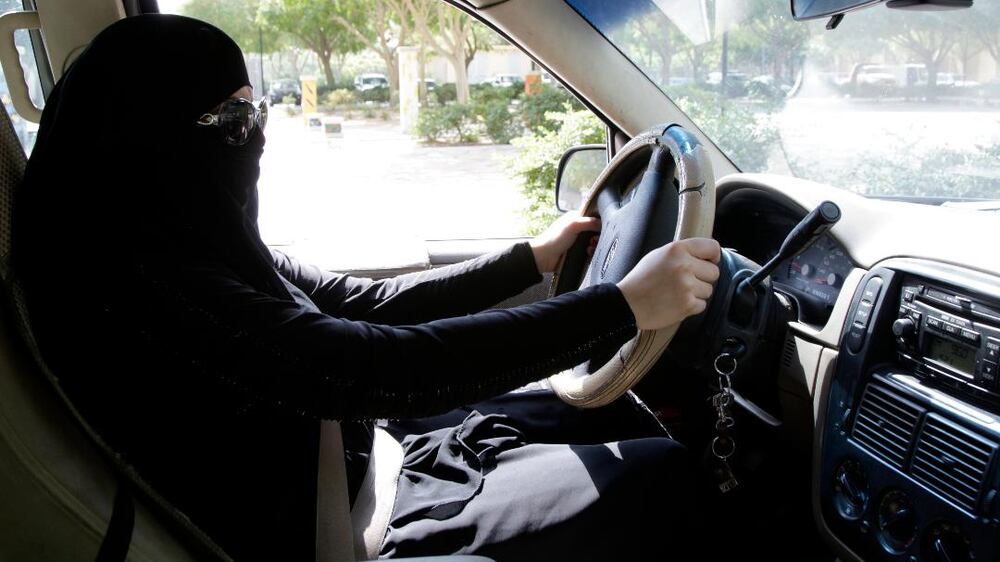In a landmark move, Saudi Arabia's King Salman has given women the right to drive with the royal order set to come into force on June 24 next year.
Government ministries and departments, including the ministries of the interior, finance and labour, have 30 days to come up with policies and procedures for the implementation of the king's decree by June, according to the state-owned Saudi Press Agency (Spa).
Saudi Arabia allows women to drive
— وزارة الخارجية 🇸🇦 (@KSAMOFA) September 26, 2017
.@KingSalman issues order allowing women to drive. #SaudiArabia
— Saudi Embassy UK (@SaudiEmbassyUK) September 26, 2017
“The royal decree will implement the provisions of the traffic regulations, including the issuance of driver licences for men and women alike,” said an official statement published by Spa.
It said the decision was taken after weighing both the negatives of maintaining the ban and the positives of allowing women to drive. Senior scholars were also consulted with the majority in favour of the move.
There has been social change in the country in recent weeks. On Saturday, hundreds of women thronged a sports stadium for the first time to mark Saudi Arabia's national day.
The presence of women at the King Fahd stadium marks a departure from previous celebrations in the Gulf kingdom where rules were in place on public segregation of the sexes.
A historical & a great moment for women in Saudi... It is certainly a new era 🎉🇸🇦
— نورة بنت محمد الكعبي (@NouraAlKaabi) September 26, 2017
Women were allowed to enter the stadium, a previously male-only venue used mostly for football matches, with their families and seated separately from single men to watch a musical show and a play on Saudi history.
King Salman issued an order easing male guardianship rules this year, allowing women to benefit from government services such as education and health care, various local media outlets have reported. Previously they needed male consent to access such services.
The kingdom appears to be relaxing some norms as part of its "Vision 2030" plan for economic and social reforms conceived by Crown Prince Mohammed bin Salman.
As part of the 2030 vision, women's participation in the workforce is targeted to increase to 30 per cent from about 22 per cent now.
_____________
Read more:
Saudi Arabia opens sports stadium doors to women for first time
Efficiency and success: New York is given insight into the revamped Saudi wealth fund
PIF's new tourist investment a key part of 2030 vision
____________
According to ride-share company Careem, there are 2.7 million women in Saudi that are not working today because they don't have a reliable means of transport to get to work. About 1.9 million of 13 million women currently are working.
The pace of reforms will surprise some, with the Crown Prince saying only in April last year that he did not think the Saudi community was convinced about allowing women to drive.
The issue has become a high profile example of the country’s conservative attitudes and periodically some women have flouted the ban in protest, incidents which have always garnered much international media attention.
The the fall in oil prices from the 2014 summer peaks of above US$110 a barrel, economic reform has been high on the agenda of all GCC countries which rely predominantly on revenues from the sale of crude to fund their spending.
Vision 2030 is aimed at improving the quality of life of its citizens and expatriates through better efficiencies, the adoption of new technology and innovation.






